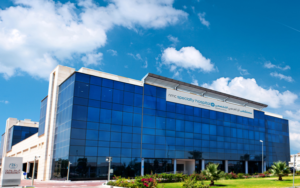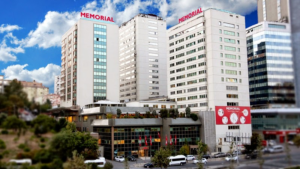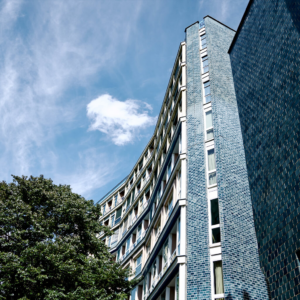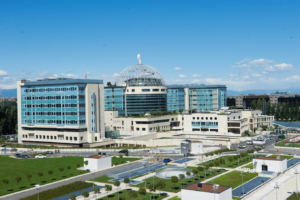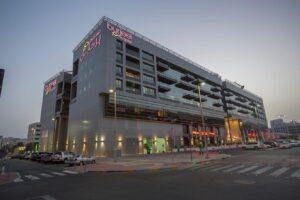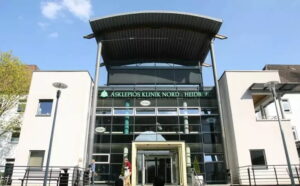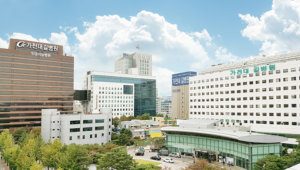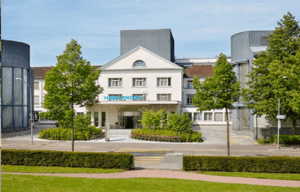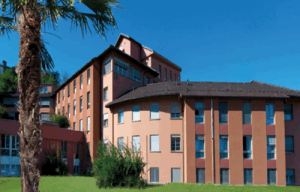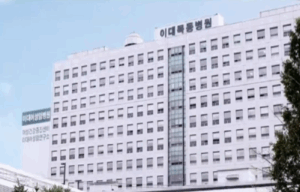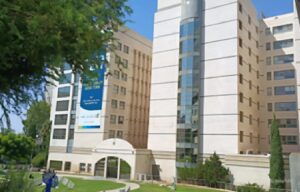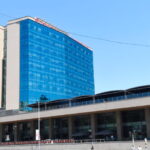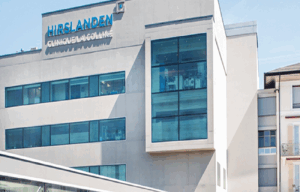Delayed Motherhood
Due to the fast pace of life, the desire for self-realization, and possible medical contraindications, a woman may postpone the birth of a child for some time. It is important to understand that the older the potential mother becomes, the lower the chances of conception and giving birth to a healthy baby.
A woman’s reproductive potential is not unlimited and is genetically determined. Some women are capable of conceiving and carrying a child at the age of 45, while others exhaust their supply of oocytes as early as 35. In the world’s leading clinics, ovarian reserve can be assessed, and the delayed motherhood program can be offered.
Delayed motherhood makes it possible to obtain high-quality oocytes through retrieval and subsequent rapid freezing. Genetic material stored in this way can be preserved for many years without losing its qualities for later fertilization.
When delayed motherhood is necessary
- If a woman is not ready to become a mother due to a number of factors: absence of a partner, focus on career, or existing health conditions that must be treated before pregnancy
- If close relatives (mother, grandmother, sister) experienced menopause before the age of 49
- If a woman has already entered an IVF protocol and wants to preserve part of the oocytes for the future
- If a woman is about to undergo treatment that may impair reproductive function (most often chemotherapy or radiation therapy)
What to expect during the oocyte freezing procedure
After a joint decision with the physician on delayed motherhood, the patient undergoes an ovarian stimulation course during that cycle (to obtain the maximum number of mature oocytes). Follicle growth is regularly monitored via ultrasound, and once they have matured (approximately after 12—15 days), an oocyte retrieval is performed. The woman is discharged home on the same day as the retrieval procedure.
How the material is used
Germ cells are stored in a specialized cryobank. When the woman or couple decides they are ready for childbirth, they will undergo an IVF procedure.
Innovations in global clinics
Embryology laboratories are equipped with state-of-the-art technology that allows for genetic-level assessment of the retrieved oocytes, ensuring that only the most viable cells are selected.
Diseases
TOP Clinics
-
 Istanbul, Turkey Acibadem Altunizade
Istanbul, Turkey Acibadem Altunizade -
 Antalya, Turkey Hospital Medical Park Antalya
Antalya, Turkey Hospital Medical Park Antalya -
 Dubai, UAE NMC Healthcare
Dubai, UAE NMC Healthcare -
 Istanbul, Turkey Hospital “Memorial Şişli”
Istanbul, Turkey Hospital “Memorial Şişli” -
 Milan, Italy “La Madonnina” clinic
Milan, Italy “La Madonnina” clinic -
 Milan, Italy San Raffaele University Hospital
Milan, Italy San Raffaele University Hospital -
 Abu Dhabi, UAE Burjeel Hospital Abu Dhabi
Abu Dhabi, UAE Burjeel Hospital Abu Dhabi -
 Vienna, Austria Debling Private Clinic
Vienna, Austria Debling Private Clinic -
 Hamburg, Germany Asklepios Nord Heidberg
Hamburg, Germany Asklepios Nord Heidberg -
 Incheon, South Korea Gil Medical Center at Gachon University
Incheon, South Korea Gil Medical Center at Gachon University -
 Lausanne, Switzerland Clinique Montchoisy
Lausanne, Switzerland Clinique Montchoisy -
 Nyon, Switzerland Clinique Genolier
Nyon, Switzerland Clinique Genolier -
 Istanbul, Turkey “Memorial Ataşehir” Clinic
Istanbul, Turkey “Memorial Ataşehir” Clinic -
 Bodrum, Turkey Acibadem Bodrum Hospital
Bodrum, Turkey Acibadem Bodrum Hospital -
 Zurich, Switzerland Hirslanden Clinic
Zurich, Switzerland Hirslanden Clinic -
 Lugano, Switzerland Saint Anna Clinic
Lugano, Switzerland Saint Anna Clinic -
 Geneva, Switzerland Clinique des Grangettes
Geneva, Switzerland Clinique des Grangettes -
 Seoul, South Korea Samsung Medical Center
Seoul, South Korea Samsung Medical Center -
 Seoul, South Korea Medical Center at Ewha Womans University
Seoul, South Korea Medical Center at Ewha Womans University -
 Seoul, South Korea SNUH
Seoul, South Korea SNUH -
 Seoul, South Korea Asan Medical Center
Seoul, South Korea Asan Medical Center -
 Jerusalem, Israel Hadassah Medical Center
Jerusalem, Israel Hadassah Medical Center -
 Petah Tikva, Israel Medical Center “Rabin”
Petah Tikva, Israel Medical Center “Rabin” -
 Istanbul, Turkey Istanbul Florence Nightingale Hospital
Istanbul, Turkey Istanbul Florence Nightingale Hospital -
 Geneva, Switzerland Hirslanden Clinique La Colline
Geneva, Switzerland Hirslanden Clinique La Colline -
 Geneva, Switzerland Generale-Beaulieu
Geneva, Switzerland Generale-Beaulieu

